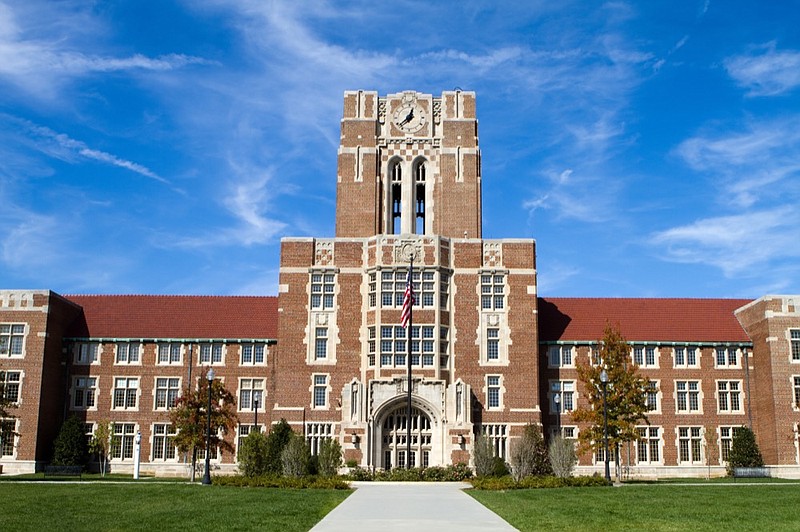KNOXVILLE, Tenn. (AP) - A University of Tennessee professor accused of trying to hide his ties with China asked a federal court this week to throw out the case, arguing the law he is accused of violating is too vague.
An amended brief filed Tuesday in federal court in Knoxville claims Anming Hu never meant to deceive anyone and was told by a UT administrator that the rule he is accused of breaking did not apply to him, the Knoxville News Sentinel reported.
The mechanical engineering professor at UT Knoxville was arrested in February and suspended from his job after an FBI investigation. A grand jury returned an indictment accusing Hu of concealing the fact that he held a dual professorship with a Chinese university while working on research projects funded by the National Aeronautics and Space Administration.
A 2011 federal law prohibits NASA from using funds to "collaborate or coordinate bilaterally in any way with China." Hu was charged with three counts of wire fraud and three counts of making false statements.
Hu, who is a naturalized Canadian citizen, moved to Knoxville in 2013 when he began working as an associate professor at the University of Tennessee, the same year he started working for the Beijing University of Technology's Institute of Laser Engineering, the indictment stated. The public university is owned by the Chinese government.
According to the indictment, the University of Tennessee was preparing a proposal on Hu's behalf for a NASA-funded project last December when Hu provided false assurances to the school that he was not part of any business collaboration involving China.
Prosecutors also alleged that a curriculum vitae Hu submitted when he applied for a tenured faculty position with the university omitted any affiliation with the Beijing university.
In the brief filed this week, Hu pointed to correspondence with a UT grant administrator who raised concerns about Chinese funding restrictions, but told him that "as we understand it, this restriction does not apply to faculty, staff, and students." Hu relied on the opinion of the administrator and never intentionally withheld information about his dual professorship, the brief stated.
The brief also suggested the law is too vague to be enforced. A 2013 letter from former Virginia U.S. Rep. Frank Wolf, who helped champion the law, was included as an exhibit in the brief. Wolf wrote to NASA's administrator that the law does not restrict individual Chinese nationals unless they are acting as official Chinese government representatives.
Hu asked a judge to find the NASA restriction law "void for vagueness." Alternatively, Hu requested the charges be tossed because he relied on the advice of the UT administrator in determining the law did not apply to him.
The case is set for trial Dec. 1.
